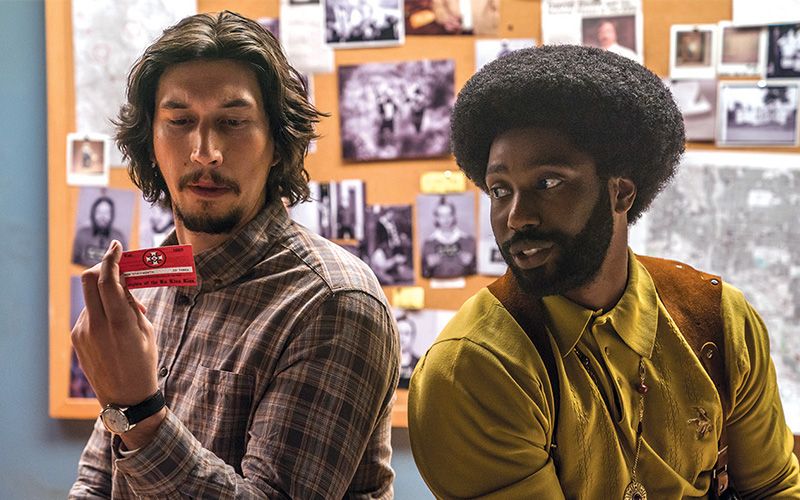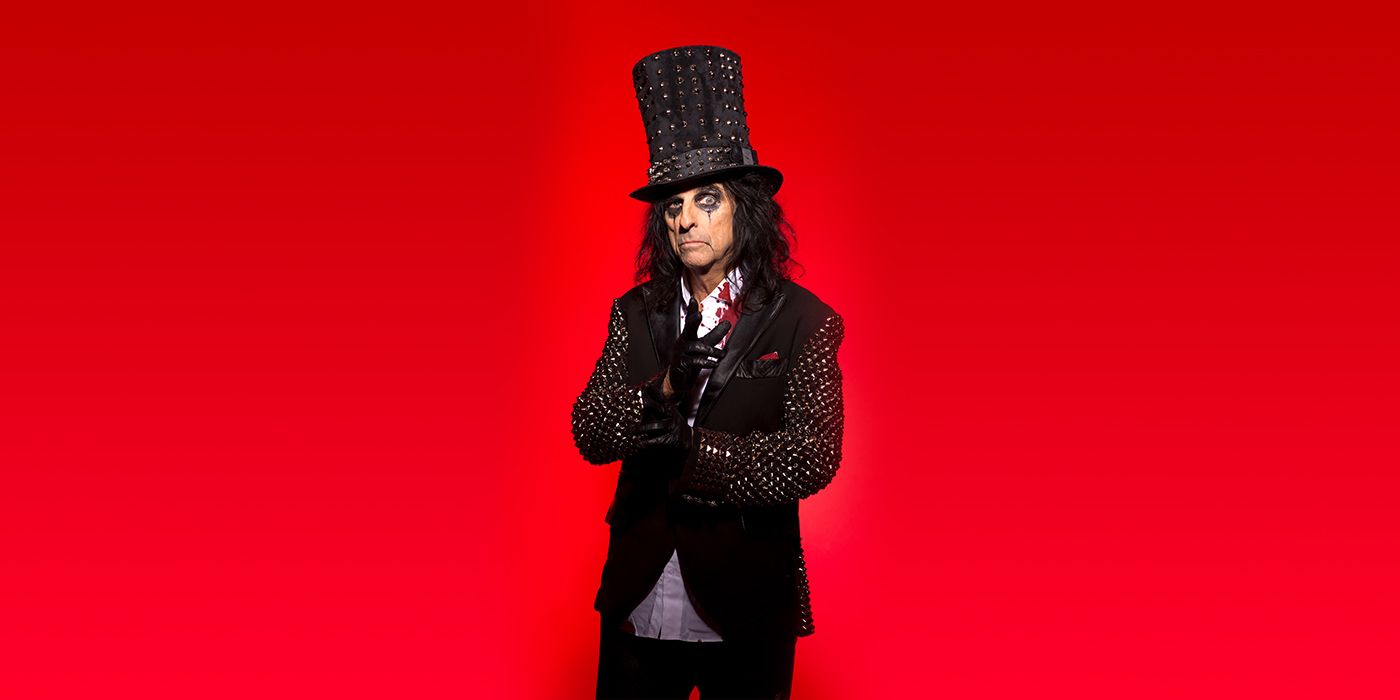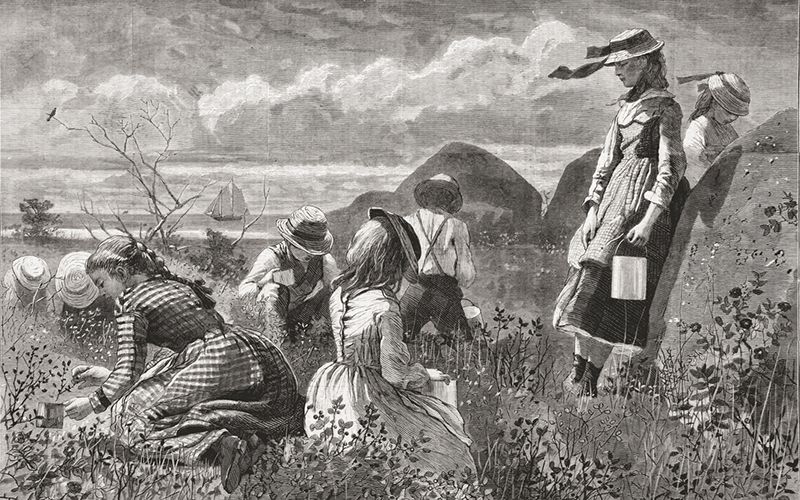Those who have followed the work of Spike Lee during his 30-plus year career know that he’s not a director who shies away from potential controversy when addressing important political and social issues of the time. His latest Joint (the term Lee uses for his films), BlacKkKlansman, proves that old age hasn’t extinguished the fire that has been burning in Lee since his monumental early films like Do the Right Thing and Malcolm X. This time out, he’s telling a slightly more conventional tale based on a true story with a more intentional inclusion of humor throughout. While the results are varied, the conversations that they will inevitably inspire are worth the experience.
Set in 1970s Colorado Springs, the film stars John David Washington (his father Denzel has appeared in four of Spike’s past films) as Ron Stallworth, an ambitious young detective who seeks to infiltrate the local chapter of the Ku Klux Klan. To do this, he talks with its members over the phone and sends fellow detective Flip Zimmerman (Adam Driver) to their meetings under the guise that they are one and the same. Their investigation leads the pair to the very top of the organization and its Grand Wizard, David Duke (Topher Grace), who plans to visit Colorado Springs to witness the induction of “Stallworth” into the KKK.
After a prologue of sorts, things get off to a good start as we witness the beginnings of Stallworth’s career in the police department and his first phone call to the KKK, but around the hour mark, the film starts to stall and become repetitive.
There’s meant to be a constant tension that Zimmerman will eventually be discovered by the group to be an undercover cop, and it’s effective to a point, but the cat-and-mouse element doesn’t develop enough as the story goes along. The script, penned by Lee along with three other writers, feels oddly light on incidents and makes the big mistake of sidelining its most interesting character (Stallworth) during a large portion of the climax.
I don’t believe I’ve seen Washington in any other films before, but his performance here as Stallworth will, no doubt, score him more screen roles in the future. I’m sure it helps that confidence and charisma run deep in the family, but he also brings some playful humor and layers of irony to his performance that make him a very easy character to root for.
Additionally, Driver continues his hot streak of selecting challenging roles that make the best of his range and make him that much harder to typecast. Other actors like Corey Hawkins, Isiah Whitlock Jr., and Harry Belafonte make memorable impressions, even in their limited screen time.
Lee is no stranger to working with provocative material, and he often finds the right tone of humor within beats of this story. But the pacing, overall, feels too languid for the type of narrative that he sets up early on. This, however, is not the case with the concluding five minutes of the movie, which are bound to leave most audiences shaken as they leave the theater. Unfortunately, the rest of the film doesn’t mirror the sense of urgency that’s found in the film’s incendiary ending.
BlacKkKlansman could have also benefited greatly from a re-write or two and some more judicious editing. But as is, it’s a thought-provoking if messy entry in Lee’s oeuvre.
Coming to theaters this weekend
The Happytime Murders, starring Melissa McCarthy and Elizabeth Banks, is an R-rated crime comedy that takes place in a world where humans and sentient puppets co-exist.
Beautifully Broken, starring Benjamin Onyango and Scott William Winters, tells the true story of three families from different parts of the world struggling to find hope amongst genocide and war.
Also being re-released into theaters for a week-long engagement is the Stanley Kubrick masterpiece 2001: A Space Odyssey, which is celebrating its 50th anniversary. Fans can see it in local IMAX theaters from August 23 to 30 ahead of its 70mm presentation at Indiana State Museum’s IMAX beginning September 7.
bleuthold@gmail.com




